This blog was written by Mansi Nanda, Senior Research Associate at ASER Centre, Pratham Education Foundation. For the 2017 UKFIET conference, 23 individuals were provided with bursaries to assist them to participate and present at the conference. The researchers were asked to write a short piece about their experience.
I have been working at the ASER Centre for almost 3 years and have worked on a longitudinal study tracking 14,000 children. Being a young development researcher, the opportunity to participate and present at the September 2017 UKFIET conference helped me broaden my perspective on international education research. It exposed me to what is happening around the globe and gave me new ideas for my area of research.
I have mostly worked on quantitative datasets and it was only recently that I started working on qualitative datasets. The presentation at UKFIET was related to the parental perspectives around early childhood education. I presented this with Benjamin Alcott, a colleague from the REAL Centre, University of Cambridge. We argued that for effective sustainable transformation in the area, it is important to understand how parents assess the quality of institutions, as they are the main decision-makers of where the child goes in these early years.
This qualitative study was a part of a larger longitudinal study called the Indian Early Childhood Education (IECEI) study. It was a 5-year longitudinal study of pre-school children in India. Often, it is the case that we get to know the ‘What’ of a situation and want to know the ‘Why’. The findings from this study are unique because having known the quantitative trend of where children are going from the IECEI study, we went back to a few select households to ask questions on why they made those specific decisions related to their child’s education. This helped us understand what parents are actually thinking when they choose pre-schools or schools for their children. We also approached teachers to understand their perspectives on early childhood education and what they feel the child must know before entering primary school.
Through the presentation we wanted to highlight the need to bring together goals and objectives at the policy level with ground-level realities and decisions made by parents of these young children. The Indian policy on early childhood care and education matches the practices stated in research for what is best for children up to 6 years of age. However, parents demand very different things, and this is where the private sector comes in – fulfilling the demands of parents and ultimately, leading to what could be developmentally inappropriate learning.
There is an urgent need to identify sources and act on those influences that affect parental decisions on choosing pre-school for young children. This will bridge the gap between research and policy with parental decisions and ultimately lead to developmentally appropriate learning at a young age.
The IECEI study (one of the major research initiatives of the organisation in the field of early childhood education), generated enormous amounts of rich data, both quantitative and qualitative. We intend to use it to explore several other research ideas that can further contribute to understanding young children’s lives in India. The presentation was taken up really well by people present and it was interesting to see how people viewed the findings differently, and how they thought the findings could be taken forward.
The bursary award was extremely helpful in bringing me one step closer to my career goals. The conference provided an impetus to my research interests and interactions with fellow researchers in person was an enriching experience.


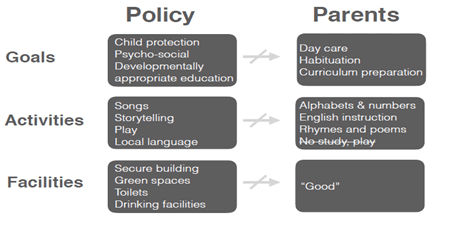
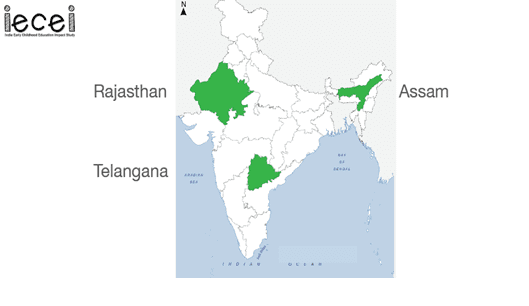
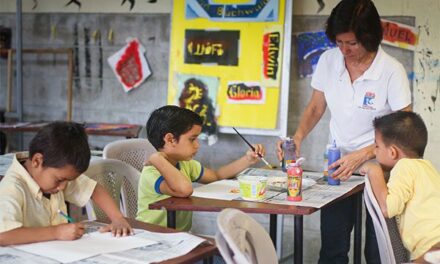
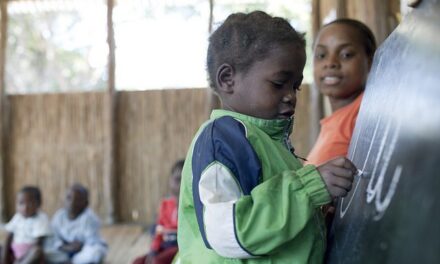
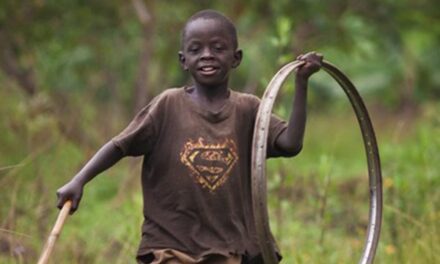
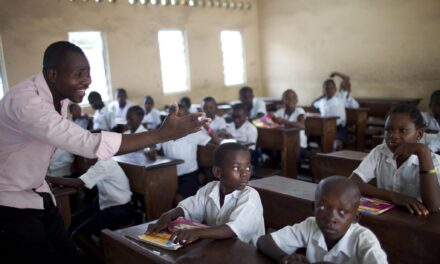
Thanks for Articles.